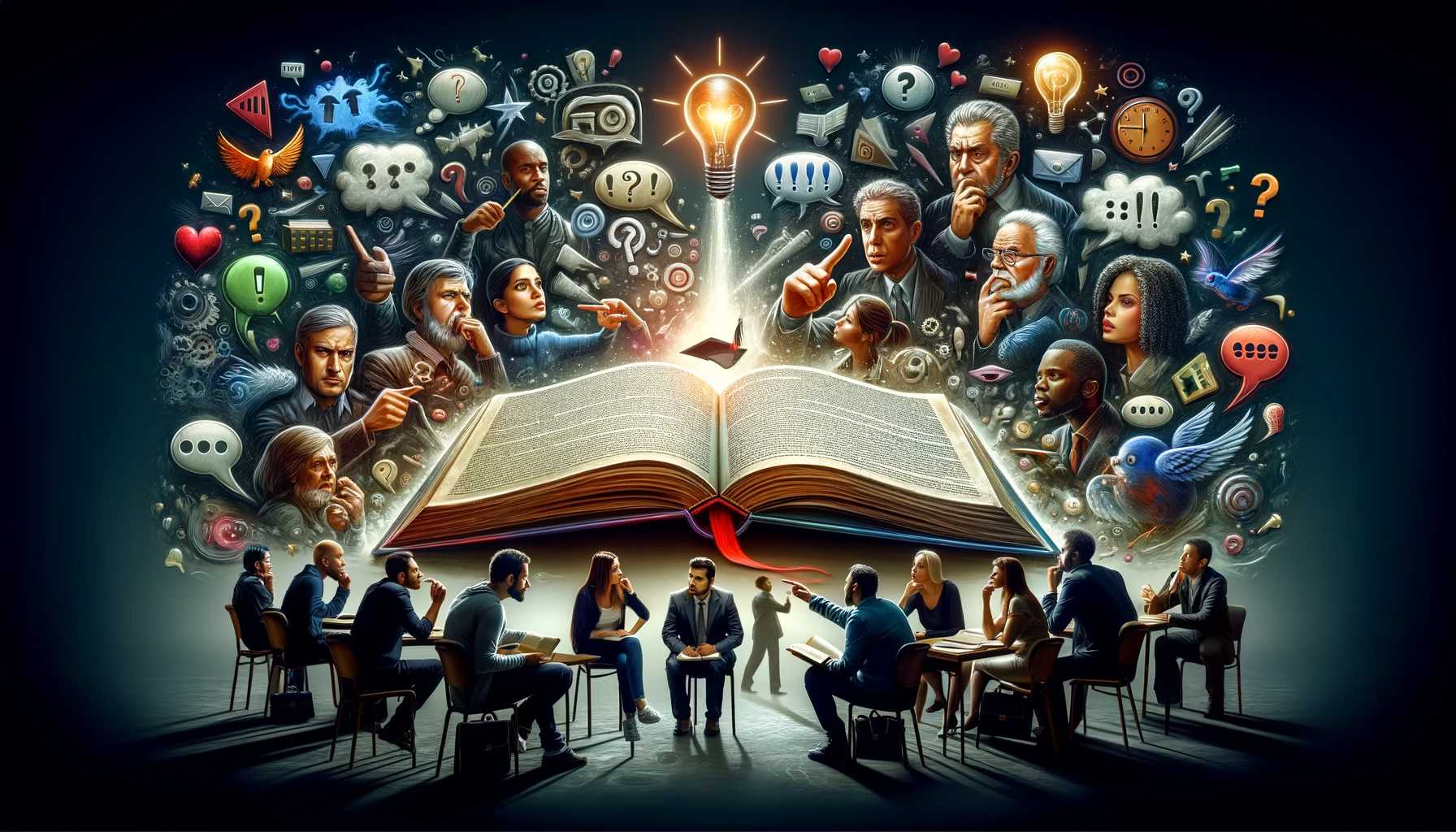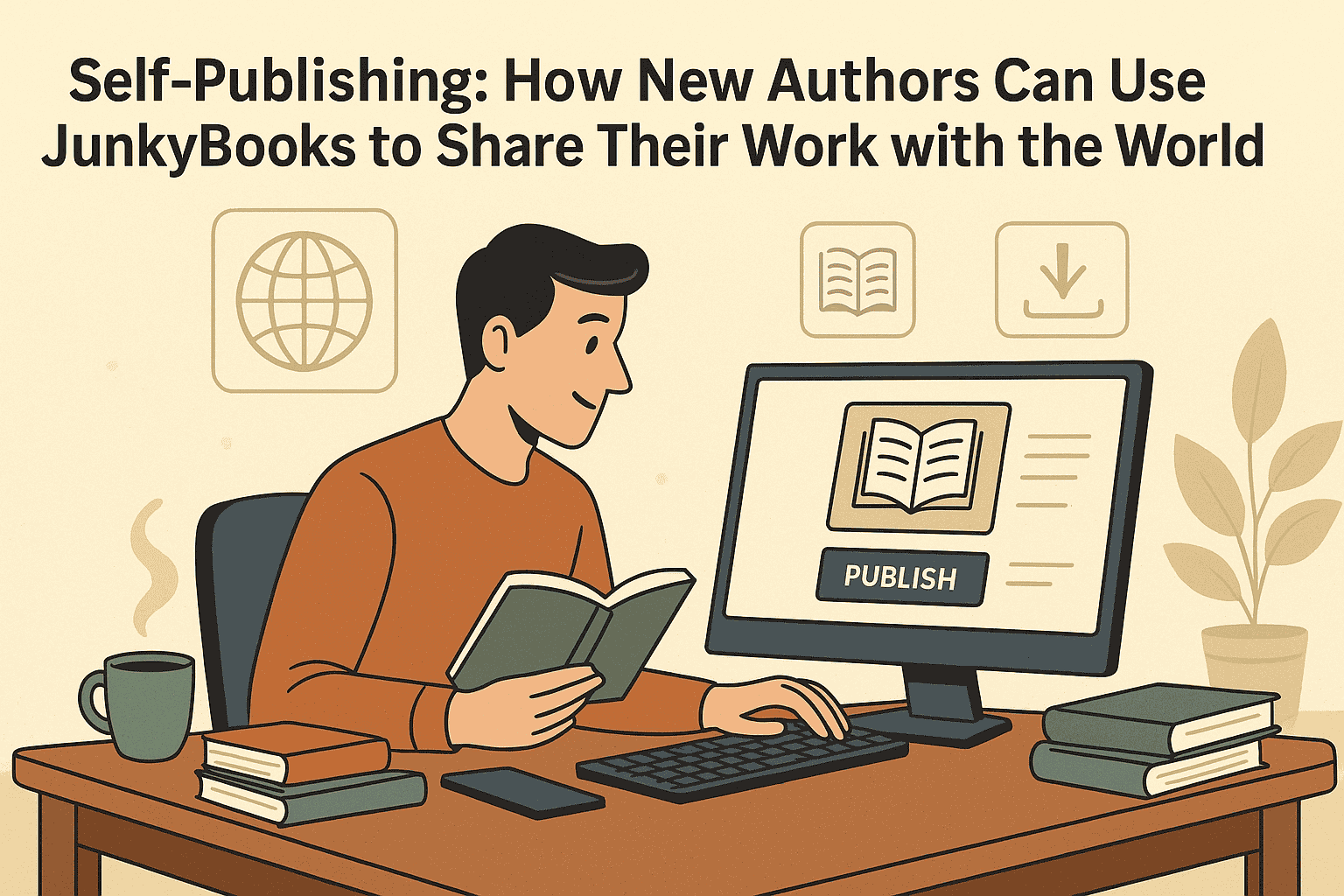The Exploration of a Controversial Book
In the realm of literature, there exist works that stir debate, challenge conventions, and ignite controversy. These books push boundaries, confront uncomfortable truths, and spark conversations that linger long after the final page is turned. In this blog post, we embark on a journey of exploration into the world of controversial books, examining the impact, significance, and complexities of engaging with literature that elicits strong reactions and impassioned responses.
The Power of Controversial Books:
Controversial books have the power to provoke, challenge, and inspire readers in ways that conventional literature often cannot. These works confront taboo subjects, challenge societal norms, and push readers out of their comfort zones, forcing them to confront uncomfortable truths and grapple with complex moral and ethical questions. While controversial books may be met with criticism, censorship, and even outright condemnation, they also have the potential to spark meaningful dialogue, promote critical thinking, and broaden readers' perspectives on contentious issues.
1. Stimulating Debate: Controversial books serve as catalysts for debate and discussion, prompting readers to engage with challenging ideas, confront opposing viewpoints, and wrestle with moral and ethical dilemmas. Whether it's exploring themes of race, religion, politics, sexuality, or identity, controversial books provide a platform for dialogue and debate on topics that are often considered taboo or off-limits in mainstream discourse.
2. Challenging Assumptions: By confronting readers with uncomfortable truths and challenging societal norms, controversial books encourage readers to question their assumptions, reconsider their beliefs, and broaden their perspectives on the world around them. Whether it's exposing systemic injustices, critiquing power structures, or challenging deeply held prejudices, controversial books have the power to challenge readers' preconceptions and inspire them to think critically about the world they inhabit.
3. Promoting Empathy and Understanding: Controversial books have the potential to foster empathy and understanding by giving readers insight into the lived experiences of others. Whether it's exploring the struggles of marginalized communities, depicting the complexities of human relationships, or delving into the minds of characters with morally ambiguous motivations, controversial books can help readers develop greater empathy and compassion for those whose lives may differ from their own.
4. Inspiring Social Change: In some cases, controversial books have played a pivotal role in inspiring social change and advancing progressive causes. From challenging discriminatory laws and policies to sparking grassroots movements and advocacy campaigns, controversial books have the power to galvanize readers to take action and work towards a more just, equitable, and inclusive society.
5. Celebrating Freedom of Expression: Perhaps most importantly, controversial books celebrate the fundamental right to freedom of expression and the importance of defending intellectual freedom in all its forms. By pushing boundaries, challenging censorship, and championing the right to dissent, controversial books uphold the values of free speech, open inquiry, and intellectual diversity that are essential to a healthy and vibrant democracy.
The Complexity of Engagement:
Engaging with controversial books is not without its challenges and complexities. While these works have the potential to enrich our understanding of the world and promote meaningful dialogue, they also present risks and ethical considerations that must be carefully navigated. From the potential for triggering trauma and perpetuating harmful stereotypes to the responsibility of accurately representing marginalized voices and experiences, readers must approach controversial books with sensitivity, critical discernment, and a willingness to engage with diverse perspectives.
1. Triggering Trauma and Harm: Controversial books have the potential to trigger trauma and harm for readers who may have personal experiences related to the themes and subject matter depicted in the text. Whether it's depictions of violence, abuse, or other traumatic events, readers must be mindful of their own emotional well-being and exercise self-care when engaging with challenging material.
2. Perpetuating Harmful Stereotypes: Some controversial books have been criticized for perpetuating harmful stereotypes, reinforcing negative attitudes, and contributing to the marginalization and discrimination of vulnerable communities. Readers must critically evaluate the representation of characters, themes, and narratives in controversial books and consider the broader social and cultural context in which they are situated.
3. Amplifying Diverse Voices: Controversial books should amplify diverse voices and experiences, particularly those that have been historically marginalized or excluded from mainstream discourse. Readers should seek out books written by authors from diverse backgrounds and perspectives and prioritize works that offer nuanced, authentic portrayals of underrepresented communities.
4. Engaging in Constructive Dialogue: When engaging with controversial books, readers should strive to foster constructive dialogue and meaningful engagement with diverse perspectives. Rather than dismissing opposing viewpoints or engaging in ad hominem attacks, readers should approach controversial books with an open mind, a willingness to listen, and a commitment to respectful discourse.
5. Promoting Accountability and Responsibility: Authors, publishers, and readers all bear responsibility for the ethical implications of engaging with controversial books. Authors should be mindful of the impact their words may have on readers and strive to approach sensitive topics with empathy, sensitivity, and integrity. Publishers should prioritize diverse voices and perspectives and uphold ethical standards of representation and inclusion. Readers should critically evaluate the content and context of controversial books and hold authors and publishers accountable for the ethical implications of their work.
Conclusion:
Controversial books occupy a unique and complex position in the literary landscape, challenging readers to confront uncomfortable truths, grapple with moral and ethical dilemmas, and engage with diverse perspectives on contentious issues. While these works may provoke strong reactions and impassioned responses, they also have the power to stimulate debate, promote empathy, and inspire social change. By approaching controversial books with sensitivity, critical discernment, and a commitment to respectful dialogue, readers can harness the transformative potential of literature to broaden their perspectives, deepen their understanding of the world, and foster a more inclusive and compassionate society.






